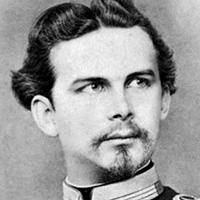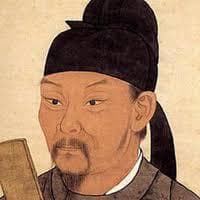Ludwig II of Bavaria MBTI Personality Type
Personality
What personality type is Ludwig II of Bavaria? Ludwig II of Bavaria is an INFP personality type in MBTI, 4w5 - sp/sx - 495 in Enneagram, RLUAI in Big 5, IEI in Socionics.
"Ludwig was notably eccentric in ways that made serving as Bavaria's head of state problematic. He disliked large public functions and avoided formal social events whenever possible, preferring a life of seclusion that he pursued with various creative projects. His mother had foreseen difficulties for Ludwig when she recorded her concern for her extremely introverted and creative son who spent much time day-dreaming. These idiosyncrasies, combined with the fact that Ludwig avoided Munich and participating in the government there at all costs, caused considerable tension with the king's government ministers, but did not cost him popularity among the citizens of Bavaria. The king enjoyed traveling in the Bavarian countryside and chatting with farmers and labourers he met along the way. He also delighted in rewarding those who were hospitable to him during his travels with lavish gifts. He is still remembered in Bavaria as "Unser Kini" ("our cherished king" in the Bavarian dialect)." The composer, Richard Wagner, wrote of his first meeting with Ludwig: "Alas, he is so handsome and wise, soulful and lovely, that I fear that his life must melt away in this vulgar world like a fleeting dream of the gods." One of Ludwig's most quoted sayings was "I wish to remain an eternal enigma to myself and to others." Of course you can never be sure if all you have to go on are written accounts, but that does sound like an INFP to me.
Biography
Ludwig II (German: Ludwig Otto Friedrich Wilhelm; English: Louis Otto Frederick William; 25 August 1845 – 13 June 1886) was King of Bavaria from 1864 until his death in 1886. He is sometimes called the Swan King or der Märchenkönig ("the Fairy Tale King"). He also held the titles of Count Palatine of the Rhine, Duke of Bavaria, Duke of Franconia, and Duke in Swabia.
Related Personalities
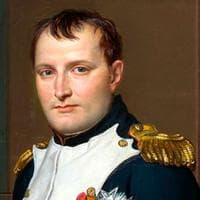
Napoléon Bonaparte

Otto von Bismarck
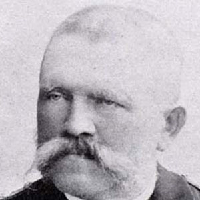
Alois Hitler

Empress Elisabeth of Austria
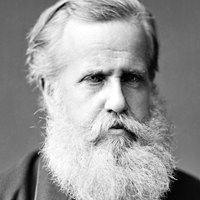
Pedro II of Brazil
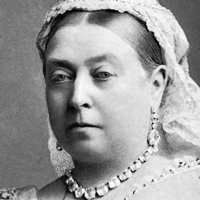
Queen Victoria

Frederick Douglass

Alexander I of Russia
